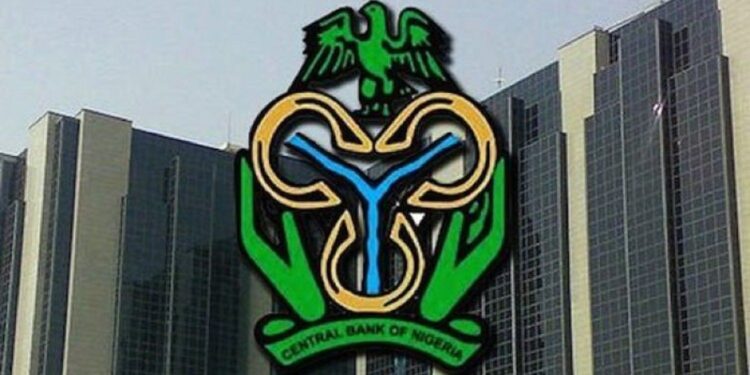In a significant policy shift, the Central Bank of Nigeria (CBN) has announced the suspension of new loan applications for its Intervention Programs. The move is outlined in a circular titled “Suspension of Acceptance of New Applications under the Existing Central Bank of Nigeria, CBN Development Finance Intervention Programme,” addressed to the Chief Executives of banks. The circular, signed by Sa’ad Hamidu, the Acting Director of the Development Finance Department, signifies a strategic pivot in the bank’s operational focus.
This suspension marks a departure from the previous central bank’s approach, which heavily relied on development finance intervention funds. Simultaneously, the CBN has entrusted commercial banks, previously responsible for distributing these intervention loans, with the task of recovering outstanding loans issued under these programs.
The CBN’s decision reflects an intensified effort to streamline financial commitments and shift focus towards traditional central banking roles. As part of this realignment, the CBN aims to reduce direct involvement in development finance interventions and concentrate more on its primary responsibilities related to monetary policy.
The circular states, “In consideration of the above, the CBN wishes to inform you that it has stopped accepting new loans applications for processing under any of its existing intervention programmes and schemes. It is important that you communicate this to your customers.”
Furthermore, the central bank emphasized that interest rates and other terms and conditions on all existing facilities remain unchanged, as indicated in their respective approval letters. Banks are now responsible for recovering the outstanding balance on previously accessed facilities.
The recent directive from the CBN aligns with recommendations from the International Monetary Fund (IMF). The IMF has called for a halt to intervention funds due to their impact on the rising inflation rate. The recommendations include fully sterilizing the impact of CBN’s financing of fiscal deficits on money supply and phasing out CBN’s credit intervention programs that expanded during the pandemic.
The CBN, under the leadership of Governor Godwin Emefiele, has implemented various development programs in sectors such as agriculture, manufacturing, MSMEs, and energy. The anchor borrower program, which disbursed around N1.01 trillion to farmers, was among the prominent initiatives. However, the repayment ratio for the Anchor Borrowers’ Programme (ABP) stood at 53.39% as of March 2023, amounting to N503 billion out of a potential N942 billion.
The recent directive carries significant implications for the financial sector, potentially leading to increased loan provisioning by banks. Organizations that benefited from intervention funds may face challenges meeting their loan obligations, risking financial stability and investor confidence. This policy shift prompts a critical juncture for financial institutions and businesses alike.









